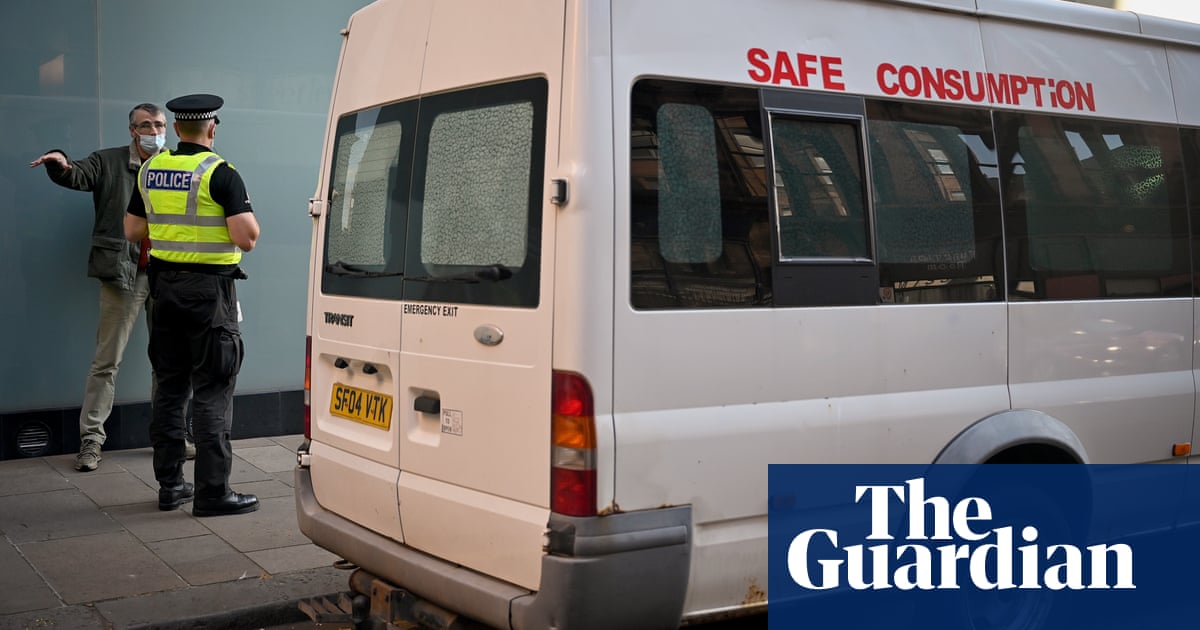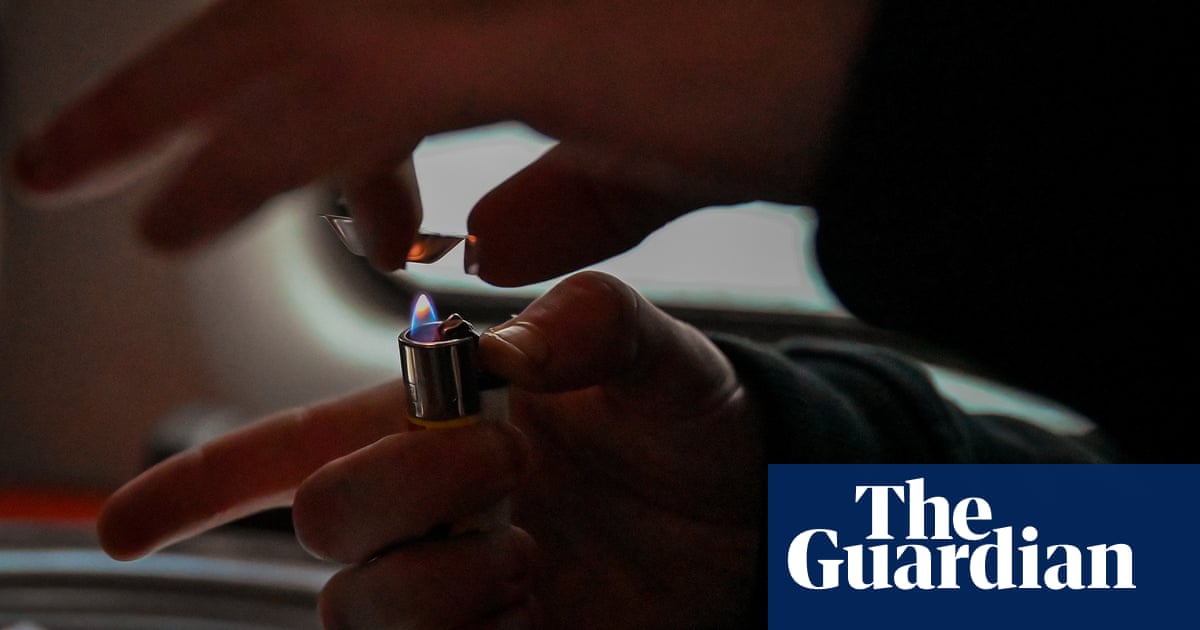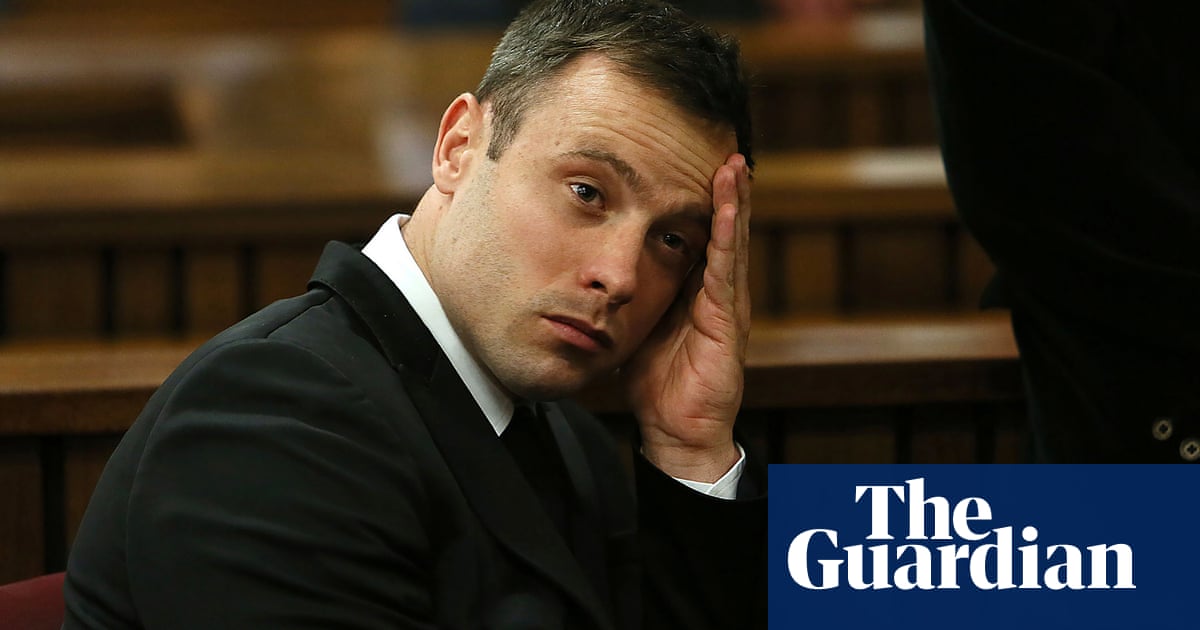
The UK’s first safer drug consumption room is likely to be approved in Glasgow within weeks, after Scotland’s most senior law officer confirmed users would not be prosecuted.
The Scottish government’s drugs minister, Elena Whitham, told MSPs on Tuesday afternoon that proposals for the “life-saving” pilot scheme would now go before the city’s integrated joint board of council and health officials on 27 September, where it is expected to be approved and put out to public consultation.
But Whitham also faced questions from opposition members as Police Scotland figures on suspected drug deaths, also published on Tuesday, indicated a 7% increase from the same period in 2022.
Although drug legislation is reservedfor Westminster, the lord advocate, Dorothy Bain KC, can modify prosecution policy.
Bain, who has previously recommended that individuals caught in possession of class A drugs could be issued with a police warning, said she believed it would “not be in the public interest to prosecute drug users for simple possession offences committed within a pilot safer drugs consumption facility”.
This was welcomed as “fantastic news and a real step forward” by Whitham, and a vindication for campaigners who believe such a pilot could play an essential role in efforts to tackle the country’s chronic and epidemic drug fatality rates.
One former heroin user turned reformer, Peter Krykant, operated an illegal consumption facility from his van for a time, in order to highlight the internationally recognised benefits of offering both overdose prevention and access to information and support to those struggling with addiction.
While SNP-led Glasgow city council and the Scottish government have been supportive of such a pilot for years, there is now signifiant cross-party momentum at Holyrood from Scottish Labour, the Scottish Lib Dems and the Scottish Greens.
In contrast to their UK counterparts, the Scottish Tories have agreed they would not block the proposal, with the party’s leader, Douglas Ross, suggesting that while he has “significant reservations” he supports a range of options being explored.
Whitham has repeated calls to the UK government to either give approval for a pilot or devolve necessary powers – as recently recommended by Westminster’s home affairs committee – pointing out that Bain’s position was focused solely on a Glasgow pilot and would not allow her government to roll out the policy nationally.
Responding to Bain’s statement, a Home Office spokesperson said: “There is no safe way to take illegal drugs, which devastate lives, ruin families and damage communities and we have no plans to consider this.”
Welcoming the lord advocate’s “pragmatic approach”, Scottish Labour’s deputy leader, Jackie Baillie, told Whitham the pilot could only be one part of the fight against drug deaths: “We need to ensure that treatment and rehabilitation services are available when people need them.”
In her statement, Bain added that it was of “the utmost importance” that Police Scotland “retain the ability to effectively police the facility and ensure that the wider community, those operating the site and those using the facility can be kept safe”.
Police Scotland assistant chief constable Gary Ritchie said the force was committed to working in partnership to reduce drug-related harms, but said it was “important to note that existing legislation will not be changing and, while we may take an overall supportive policing approach, police officers will still be bound by their legal duty to uphold the law and will not be able to simply ignore acts of criminality which they see occurring”.












